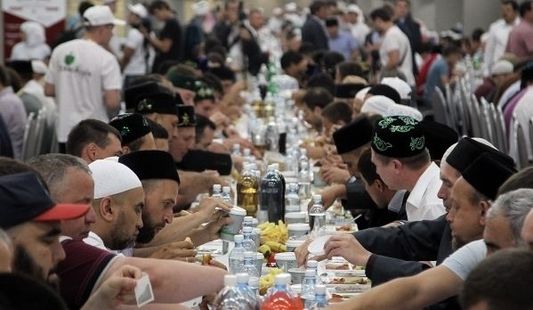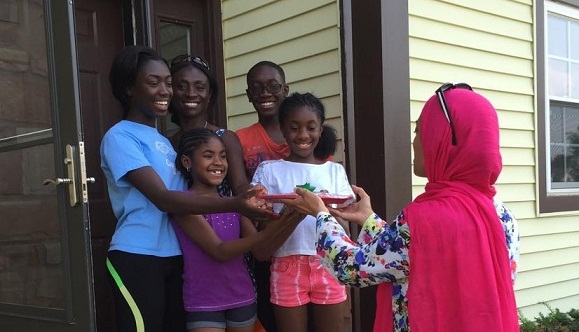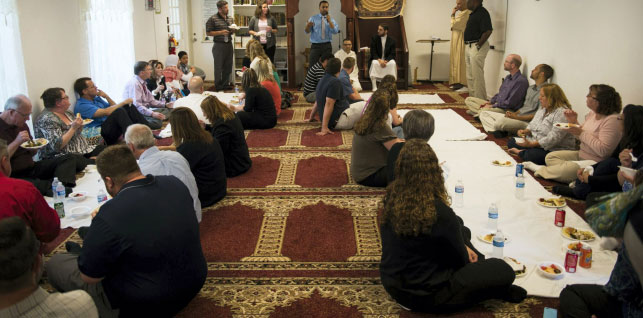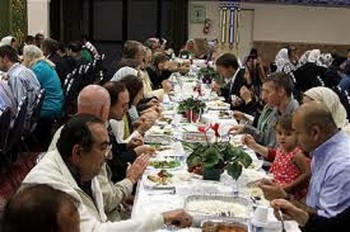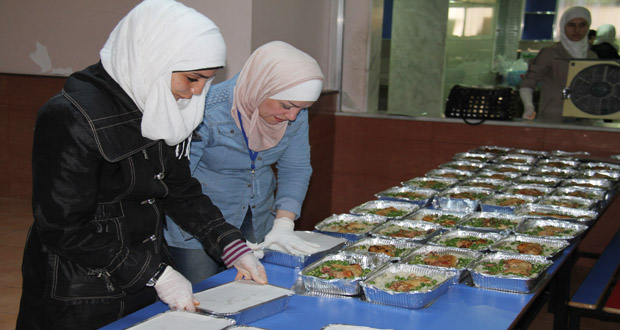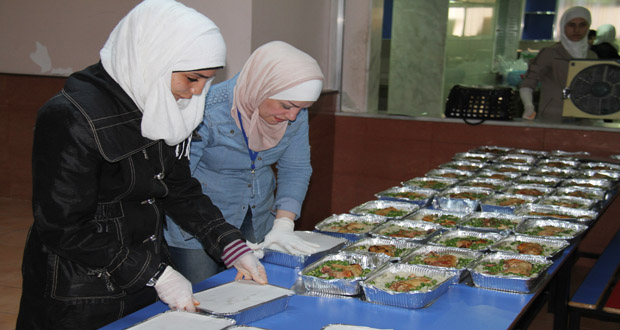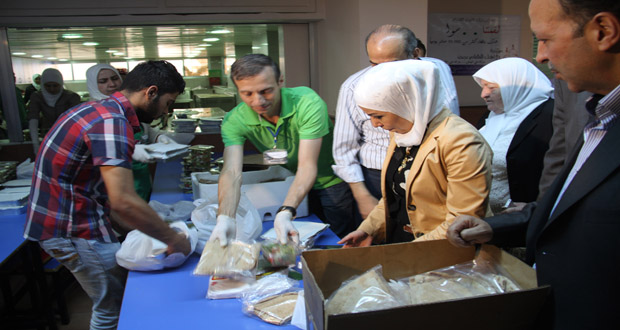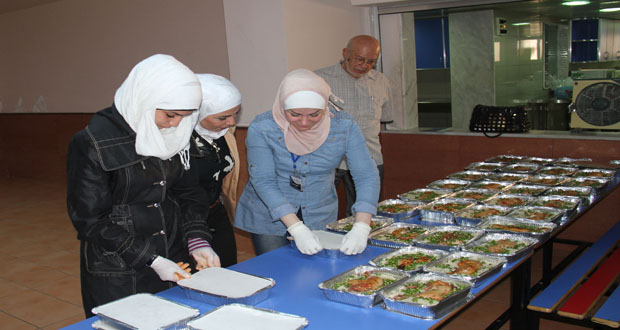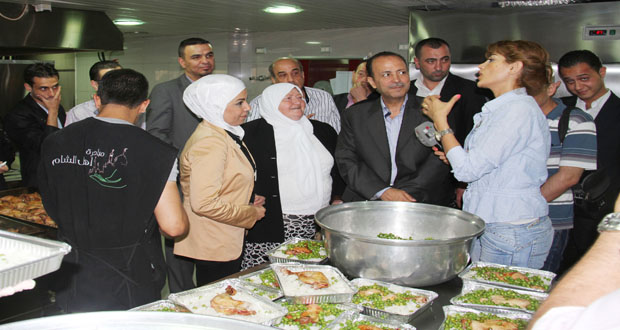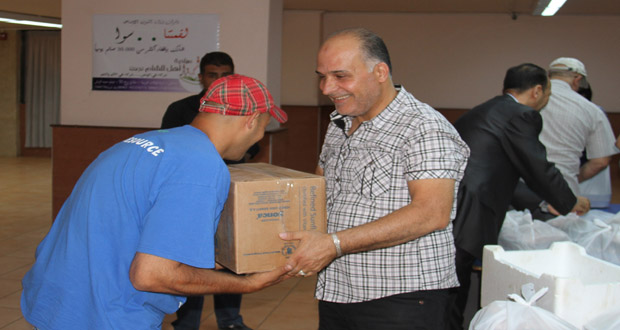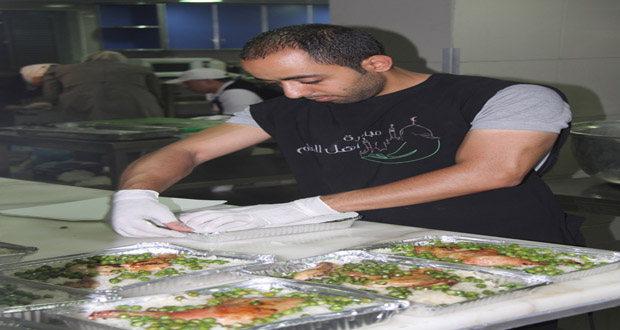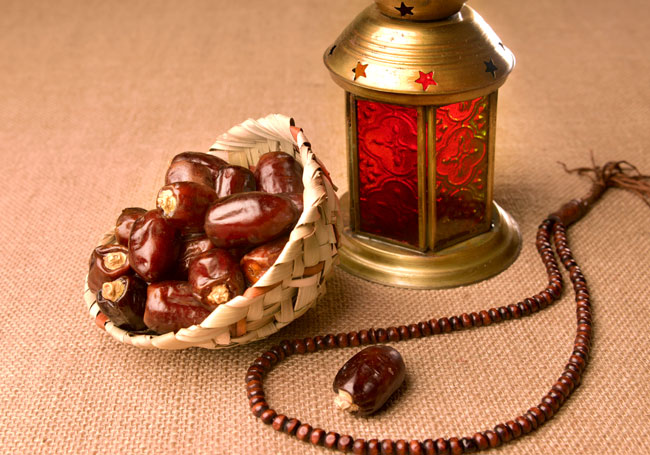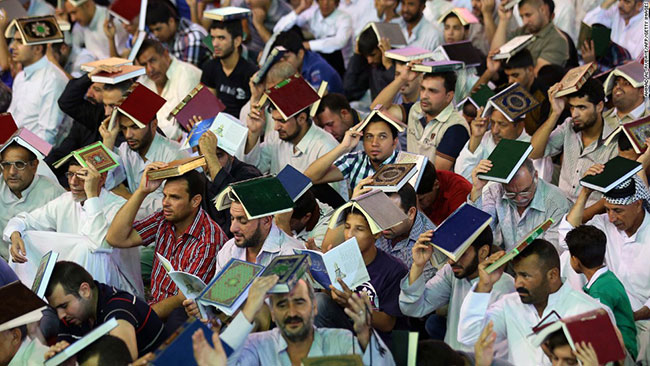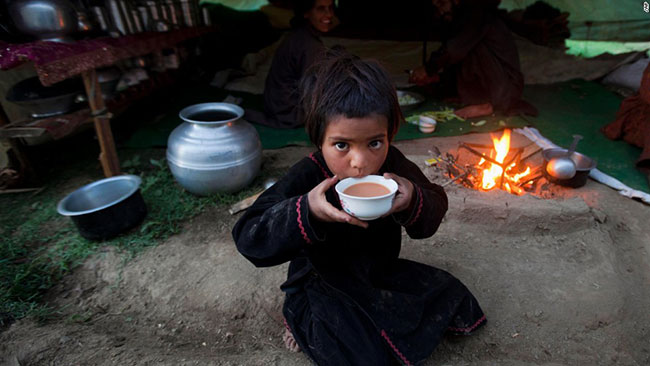Google embraces Islam by releasing a tool for Ramadan
Today Google is specifically embracing Islam by releasing a tool for Ramadan. The unimaginatively named ‘My Ramadan Companion’, which will help Muslims to observe this very holy month.
“To help you get the most out of Ramadan, we’ve launched My Ramadan Companion (g.co/Ramadan), which gives you customized and locally relevant information, tips, and other content highlighting the richness of what the web can offer during Ramadan around you. You can find out the sunset time in your location, plan your day accordingly, check out the traffic in your area, navigate to the closest charity Iftar, find and share recipes, enjoy Ramadan content on YouTube ranging from drama series and comedy sketches, health tips to stay fit during the 30 days of fasting”, says Zain Kamal Masri, associate product marketing manager, Middle East and North Africa, Google.
Masri further explains, depending on your location Google now will show you a range of relevant cards with popular YouTube videos, latest Ramadan news and information, and recommendations for apps that alert you to wake up for Suhur, enable you to design greeting cards for Ramadan to share with the family, find Halal restaurants around you, and countdown to Iftar time”.
Google already makes a big deal about Christmas with its Santa Tracker apps and websites, so it is nice to see the search-giant focusing on Muslims too. Even if you are not Muslim, this tool may be a great way to learn more about the religion and its traditions.


